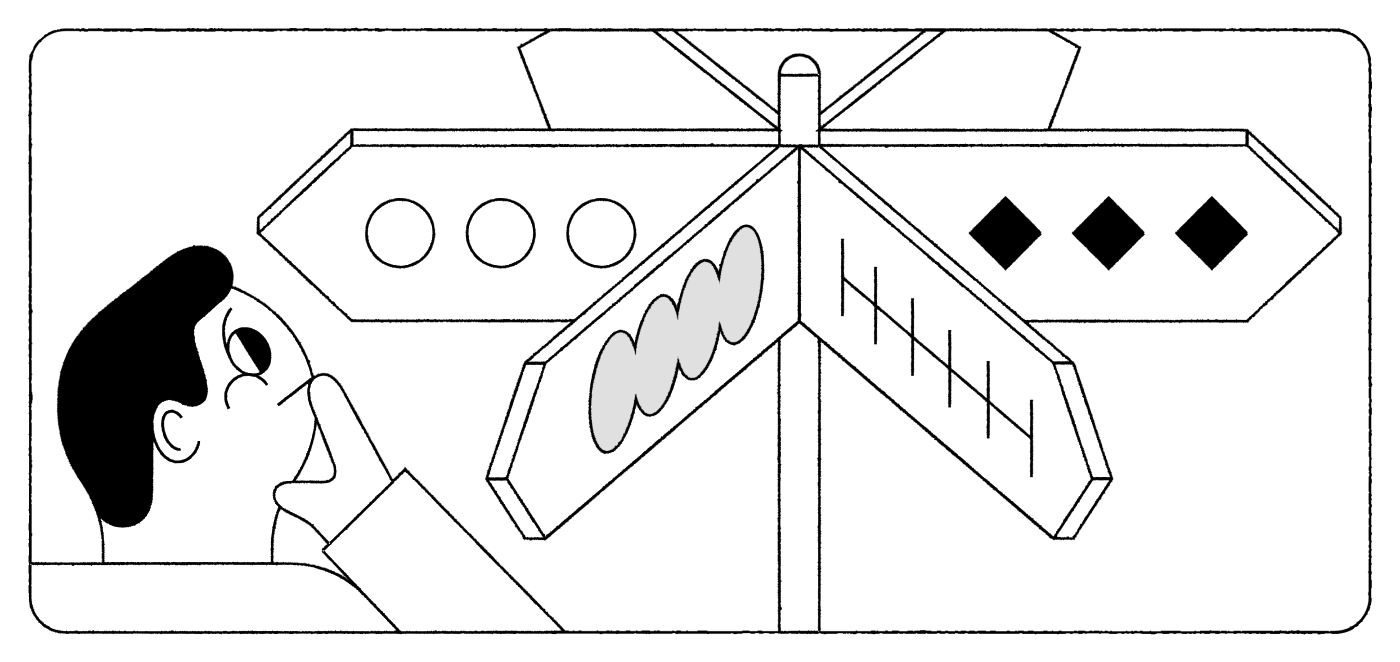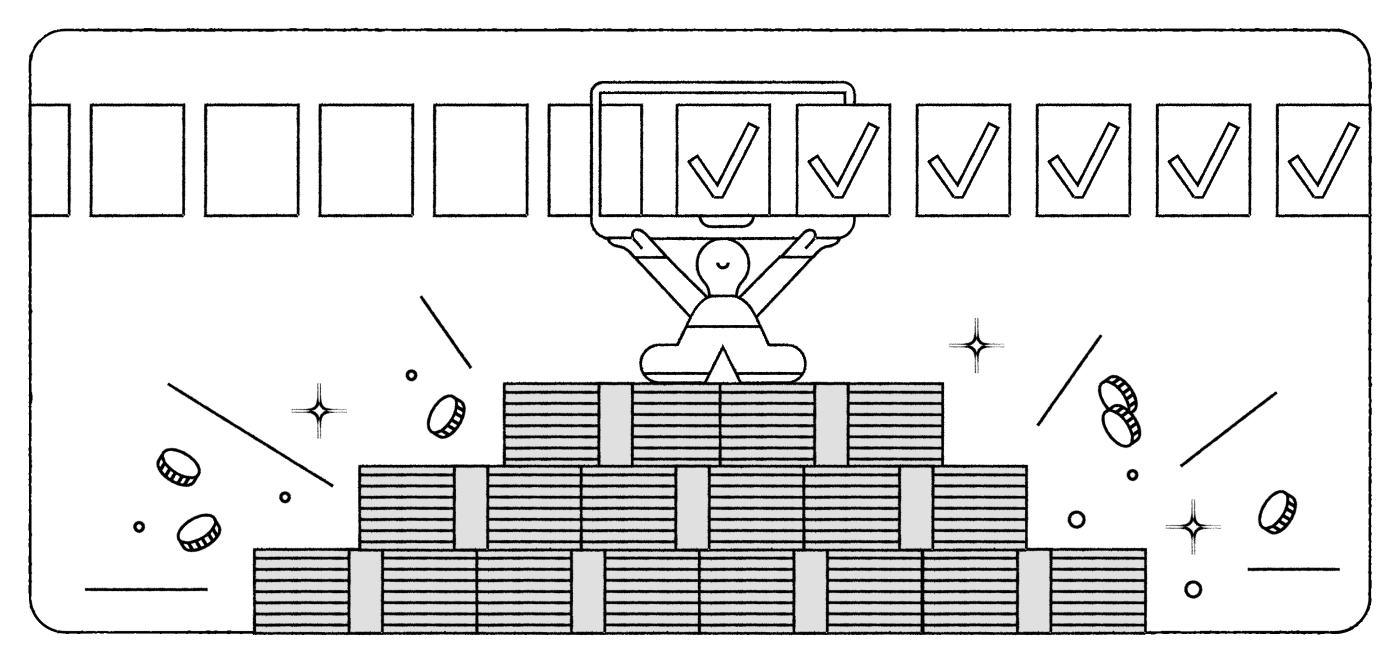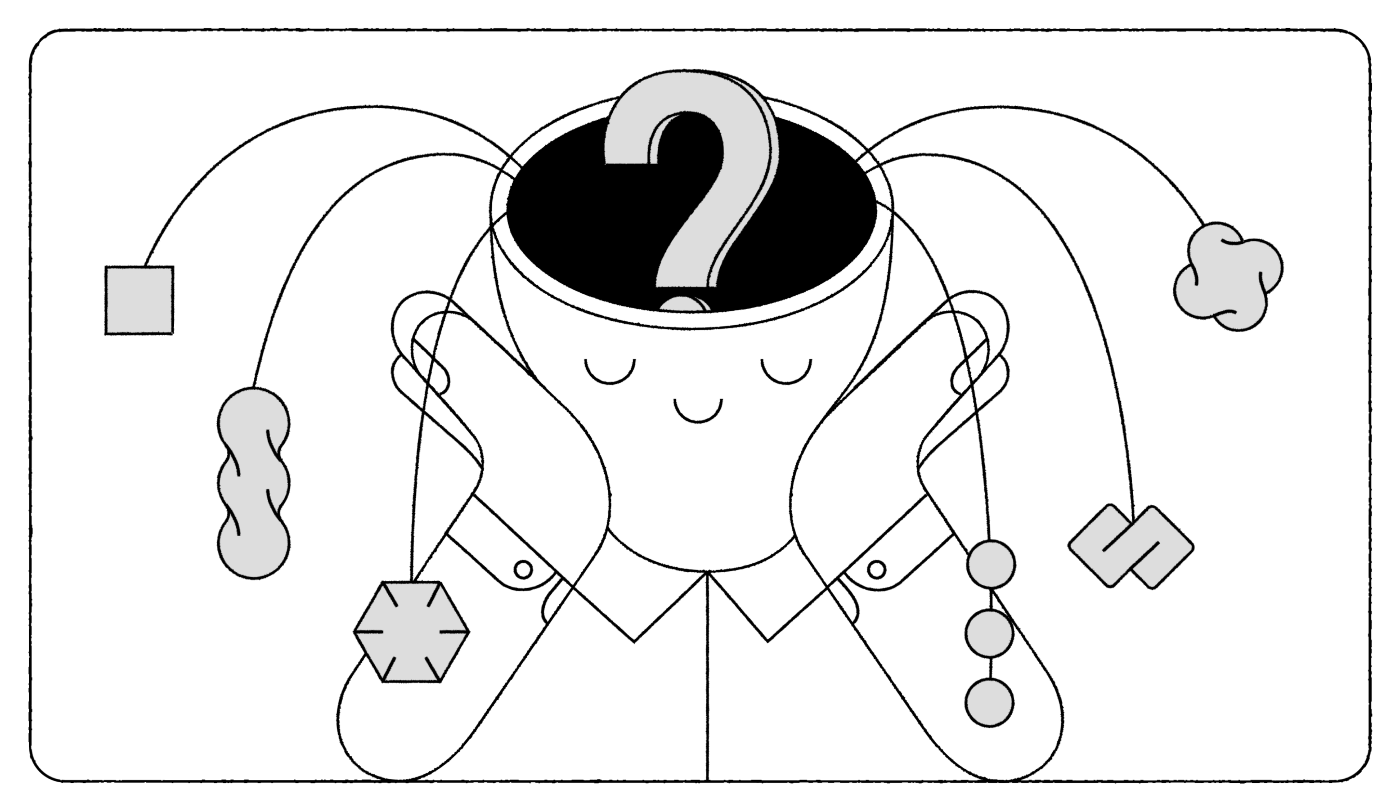Not so long ago, it took an average of five years for a quality transition from one profession to another. Now, thanks to the available training and retraining, this transition can be made much faster. Plus, you can move to different positions within the same company. In general, today there are no professions left that could one day be trained and work on them all my life. This is due to the constant development of both technology and people and companies.
Now, in order to make a career turn and become a sought-after junior in a new profession, you do not need to spend a lot of time. I managed to work as a forensic expert, psychologist and internet marketer: five years ago, I completely changed my career track, quit my job and embarked on the path of a novice marketer.

Now I am actively realizing myself as a psychologist: I consult with those who change their field of activity and adapt to a new place of work, including those who want to improve and develop in their industry. I work as a mentor on the course "Internet Marketer" from Yandex.Practicum, I run a telegram channel about psychology.
In this post I will cover several topics at once. Let's talk about a career crisis after 30: what to do if you feel stuck in place. We will discuss the correct setting of goals for self-development, without which there is nothing. Let's evaluate the role of mentors for those who need it. Also under the cut - about the correct positioning of oneself at work and the division of attention.
Personal experience
At the age of 30, there was a crisis in my career. I had experience in only one area, and there was one entry in my work book - "service in the internal affairs bodies." The career was developing positively: moving to Moscow, promotion, but the joy became less and less every day.
In 2016, I specially took a business trip for three months in order to somehow reboot and clear my head, and also began to actively engage in marathon running. I wanted to hold out until the end of the year, go on a long vacation and start fulfilling my duties with renewed vigor, but at some point I realized that I was hitting a wall, that I was breaking myself, that every day I got up through strength and literally forced myself to go to work ... In such situations, either you break the wall (if it makes sense), or the wall turns out to be stronger than you (which is more often).
If you have caught yourself in such a state, then changing your activity or place of work may be the right step. A person often pushes himself to the last, expects that changes are about to occur, you just have to endure a little more (and then endure some more), but they do not happen, he postpones his decision, and so on in a circle.
In fact, he lacks determination. Because it takes some effort. To go with the flow, you don't need to do anything, but in order to develop and be successful, you need to constantly find resources in yourself and strain. This is the only way to move forward. There is a fitting phrase about this: "To live is to make an effort."
But often there is something holding us back. In psychology, this is called "limiting beliefs", they can be expressed in pictures or voices of loved ones: "You can't / you won't succeed / now is not the time / be patient / wait," etc. You can go to a psychologist and work it out, but the most effective way to deal with fears is to meet them halfway.
If you have made a decision within yourself, you must follow it. Therefore, it is important to spend internal resources on its formation.
When to change jobs, and when not yet
, , . , . — - , . — , . . — , , — , , .
Because if you are now running away from the situation, then it will definitely repeat itself, possibly on a different level. It is necessary to solve all existential issues here and now, and only then calmly change something in life.
You can read as many posts as you like about the fact that the main point of work is participation in challenges, federal-scale projects, and so on. But if, first of all, you are simply uncomfortable, uncomfortable, and communication with colleagues and bosses is non-stop stress and a lack of constructiveness, the challenge here will simply be to survive and not go crazy.
The most effective way in this case is to forget about work a little and turn your attention to yourself. Yes, yes, on yourself, you = priority, that's okay. Because burnout is a state when we forget about ourselves, our desires, interests, hobbies. It is worth slightly reducing the involvement in work processes and switching them to ordinary human pleasures. After all, this is your life, and work and money are the way to live it efficiently.
You should not change your job if you do not have the feeling inside that you have taken everything from it, that there are still unfinished business, projects, that you are generally comfortable in this atmosphere and environment, that there are areas for growth and development.
In general, it is necessary to leave when all the possibilities to work with pleasure at the current place of work have been exhausted. If you clearly understand that you are not coping with tasks or they do not bring you anything at all except a waste of time, if communicating with colleagues is forced smiles and constant shifting of responsibility, if attempts to discuss the situation with management have not borne fruit, you should know: this is the moment , do not pull.
Answer one more important question for yourself: do you want to change your job or change the type of activity and your own specialization? A person can be satisfied with a list of work duties, he can enjoy their fulfillment, continuing to pump his own skills, but he can be strongly demotivated by the company itself: conditions, salary, team. Or, conversely, you may be completely satisfied with the company, but at the same time you do not like the responsibilities - which means it would be good to just move to another position within this company.
There are often cases when people think that they have completely burned out professionally, and then decide to change their profession altogether. But it turns out that a particular company just got them, and in another they would be fine if they did the same.
Understand where you want to go
There is one fairly simple but effective exercise. Briefly describe your perspective on the work, use about 250 words - less than a printed page.
Here's my example: I love to communicate with people and get sincere pleasure from new acquaintances. I also like to help people become better, get to know themselves and get new experiences. Therefore, I chose the path of a PR specialist and a marketer for myself, because this work is based on communication. I also like helping professions, and I want to be useful to people, help them solve problems and overcome difficulties. Therefore, I also do mentoring and psychological counseling.
Make the same description by analogy, only your views on life. Describe your dream job, for example, becoming a big IT director, as well as your ideal life: say, living where it is comfortable and working without fuss.
Now compare them and ask yourself a few questions: “Where do your views coincide? How do they differ? Does one follow from the other? " If the requests do not coincide very much, it's time to clarify your path: get a job in a company, improve your skills, start saving for a house, and so on. The main thing is to understand why right now, at the current point, you are unhappy, what is your motivation to go and change all this.
For example, you wrote that you want to help people, but at the same time work as a salesperson, or vice versa, you like constant communication with people, but work as an accountant. This basic approach allows you to understand the vector and choose the direction of movement.
Internally, we almost always understand what we would like to do, although we do not always admit it to ourselves. But almost anyone can tell how they see themselves in a few years. And I'm not talking about the sore mouth "Who do you see yourself in our company in five years".
It is important to decide on the profession and functionality in which you want to develop, and the industry and sphere can always be changed. Moreover, now many areas and business segments overlap very closely. Especially in IT. If, for example, you choose the profession of "internet marketer", then you can work in almost any industry: IT, FMCG (consumer goods), the banking sector - internet marketing is the same everywhere plus or minus. With the same profession, you can become an account manager, a classic marketer, and even open your own business.
Don't be afraid to change something. Part of choosing a job is luck, but it comes when something is done. I went for an interview four times to one company, I really wanted to get there, I entered from different sides and to different positions, but in the end I was not accepted into it, but they took me to a competing company on completely different, more favorable conditions. Leave room for positive action.
We set a goal

So, you have decided to make changes in your life. Now the goal for which you strive must always be formulated inside. Because sometimes you will be thrown back, doubts, fears will come, “Am I doing everything right” and similar things. In these moments, a clear inner focus will help you stay on track.
I remember how I was lying on a ball on the bed, and I did not want anything, but I understood that I just had to take one small step, then another. In my head there was a clear picture of my life in five years, which I imagined. And I can say that this approach works. My picture of 2016 is 95% the same as the one that I have now realized in my life.
When drawing up a long-term plan, you need to record important intermediate cutoffs, for example, write a resume, pass an interview, get the necessary experience in the position. In fact, this is your compass, by which you can always compare whether you are moving in the right direction.
You will be thrown up, as if on waves, because some things will work out easily and be thrown up, progress can be very fast, and at some point there will be a feeling that you are standing still.
My little advice: in order to cope with anxiety, do not be afraid to turn to various specialists - career consultants who will help you write and prepare a resume, mentors and mentors who will help you sort out problem areas, and psychologists in order to simulate and work out anxious situations.

You need to understand that when you change your profession, you enter a market where there are already many specialists with more experience than yours. This is normal. You just have to work hard to make a name for yourself in a new field. Your most important competitive advantage is that you come from a different industry and your life experience. The latter plays a key role. The ability to adapt your past experience to a new reality gives a multiple growth, especially if you come to a young sphere, where you are over 30 years old, and the average age of specialists is 25.
In my work, I practice an 80 to 20 approach . But this is not about performance, this is about the focus of attention. I devote most of it to work tasks, and the second to gaining experience that I lack. I am looking for niches in which I can develop.
It's important to be proactive - high engagement yields positive results. You need to constantly ask yourself the question: “What else can I do? What experience am I missing? Where can I get it? " Complete projects that you can be proud of, that you can put in your portfolio. Your activity is directly proportional to your position and salary.
Another competitive advantage is the ability to position yourself at work and show the results of your activities. Do not sit in the trenches: you have done a small project - tell your colleagues, speak at a meeting, just throw a small case for a few sentences into the working chat, discuss with the guys from a related unit, ask for advice - perhaps something can be improved or the effect enhanced.Thus, you will be able to develop working contacts and at the same time recommend yourself from a positive side for the employer. Just remember that if you did not share the results of your work, then no one saw it, and no one except you knows that it was done at all.
Get the knowledge and skills you need

Five years ago, when I changed my field of activity, there were practically no comprehensive courses and programs that would allow me to get a new profession online. Then there was still no full-fledged institution of support for people who want to change something in their activities. Now the situation is completely different: there are many books, online courses, video tutorials, including both paid and publicly available. The main thing is to decide what exactly you want and allocate the right amount of time to achieve the goal.
Total
- : . — , , .
- . , : .
- . , . , .
- . , , — . — , .
- . . , , .